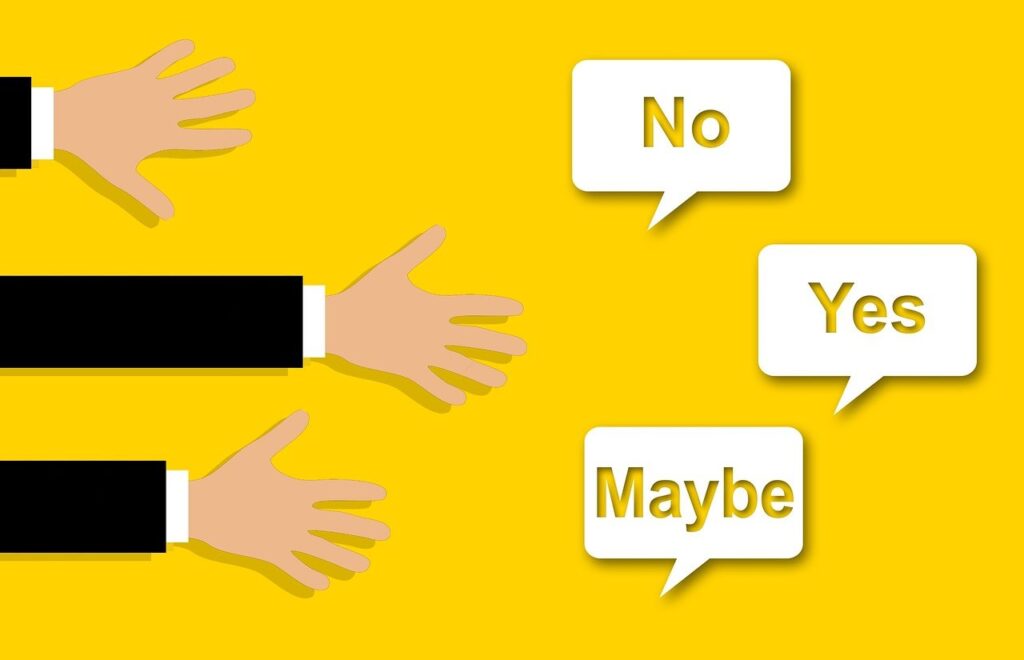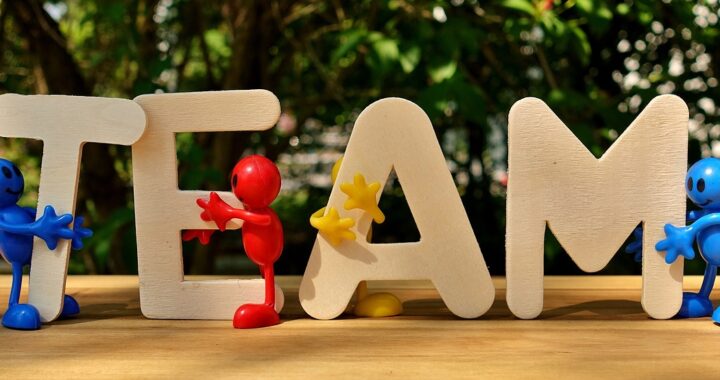Conflict Resolution: Developing skills to manage and resolve conflicts in the workplace.

In the complex tapestry of professional environments, conflicts are inevitable. However, how we navigate and resolve these conflicts defines the health and success of a workplace. This article delves into the importance of developing conflict resolution skills, exploring strategies that empower individuals to manage conflicts effectively and contribute to a harmonious work environment.
The Significance of Conflict Resolution Skills
- Enhancing Collaboration:
- Conflict resolution skills are paramount for fostering collaboration. The ability to address and resolve conflicts ensures that teams can work together cohesively, leveraging diverse perspectives and strengths.
- Maintaining Productivity:
- Unresolved conflicts can be a drain on productivity. By developing conflict resolution skills, professionals can address issues efficiently, preventing the escalation of conflicts that may hinder progress on projects and tasks.
- Improving Communication:
- Conflict resolution is intricately linked to effective communication. Developing these skills not only helps resolve existing conflicts but also contributes to creating an open and transparent communication culture within the workplace.
- Boosting Employee Satisfaction:
- A workplace where conflicts are handled effectively is one where employees feel heard and valued. Conflict resolution skills contribute to a positive work environment, boosting employee satisfaction and engagement.
Strategies for Developing Conflict Resolution Skills
1. Active Listening:
- Cultivate the skill of active listening. Ensure that you fully understand the concerns and perspectives of all parties involved in a conflict. Active listening fosters empathy and demonstrates a genuine interest in resolving issues.
2. Empathy:
- Empathy is a cornerstone of conflict resolution. Put yourself in the shoes of others to understand their emotions, concerns, and motivations. Empathy builds rapport and paves the way for collaborative problem-solving.
3. Effective Communication:
- Hone your communication skills. Clearly and assertively express your thoughts and concerns while remaining open to feedback. Effective communication reduces misunderstandings and facilitates conflict resolution.
4. Conflict Analysis:
- Develop the ability to analyze conflicts objectively. Identify the root causes, underlying issues, and potential solutions. A thorough understanding of the conflict’s dynamics is essential for crafting effective resolutions.
5. Negotiation Skills:
- Learn negotiation skills to find common ground. Collaborative negotiation allows conflicting parties to reach agreements that are mutually beneficial, fostering a sense of fairness and equity.
6. Maintaining Emotional Control:
- Practice emotional intelligence in conflict situations. Keep emotions in check to facilitate rational decision-making and prevent conflicts from escalating due to heightened emotions.
Practical Applications of Conflict Resolution Skills in the Workplace
- Team Disputes:
- Conflict resolution skills are crucial for addressing disputes within teams. Whether it’s differences in working styles, project disagreements, or interpersonal conflicts, resolving team disputes is vital for maintaining a healthy team dynamic.
- Supervisor-Subordinate Conflicts:
- Managers and leaders often find themselves mediating conflicts between team members or addressing conflicts with subordinates. Conflict resolution skills empower leaders to navigate these situations effectively, fostering a positive work culture.
- Client and Stakeholder Relations:
- Conflict resolution extends to client and stakeholder interactions. Professionals skilled in conflict resolution can address disagreements, negotiate terms, and maintain positive relationships with clients and stakeholders.
- Performance Feedback:
- Providing constructive feedback is an opportunity for conflict resolution. Conflict resolution skills help in delivering feedback in a way that is constructive, promotes growth, and minimizes potential conflicts.
Conclusion: Forging a Path to Workplace Harmony
Conflict resolution is not merely a reaction to discord; it’s a proactive and strategic approach to forging a path to workplace harmony. As professionals develop and hone their conflict resolution skills, they contribute not only to the resolution of specific conflicts but also to the creation of a workplace culture that values open communication, collaboration, and continuous improvement. In the ever-evolving landscape of professional relationships, the ability to navigate conflicts becomes a valuable asset—a skill that transforms workplace challenges into opportunities for growth and strengthened connections. As you embark on the journey of developing conflict resolution skills, remember that each conflict presents a chance to foster understanding, build trust, and contribute to a workplace where individuals can thrive collectively, turning potential storms into opportunities for growth and collaboration.
 Navigating Workplace Challenges: Strategies for Dealing with an Obnoxious Coworker
Navigating Workplace Challenges: Strategies for Dealing with an Obnoxious Coworker  A Step-by-Step Guide to Creating a Personal Mission Statement
A Step-by-Step Guide to Creating a Personal Mission Statement  Unleashing Creativity: Techniques to Generate Innovative Ideas at Work
Unleashing Creativity: Techniques to Generate Innovative Ideas at Work  Mastering Team Dynamics: A Guide on How to Be a Team Player
Mastering Team Dynamics: A Guide on How to Be a Team Player  Future-Ready: Top Technical Skills for 2024 and Beyond
Future-Ready: Top Technical Skills for 2024 and Beyond  Navigating the Future: Key Job Market Predictions for the New Year and Tips for Success
Navigating the Future: Key Job Market Predictions for the New Year and Tips for Success